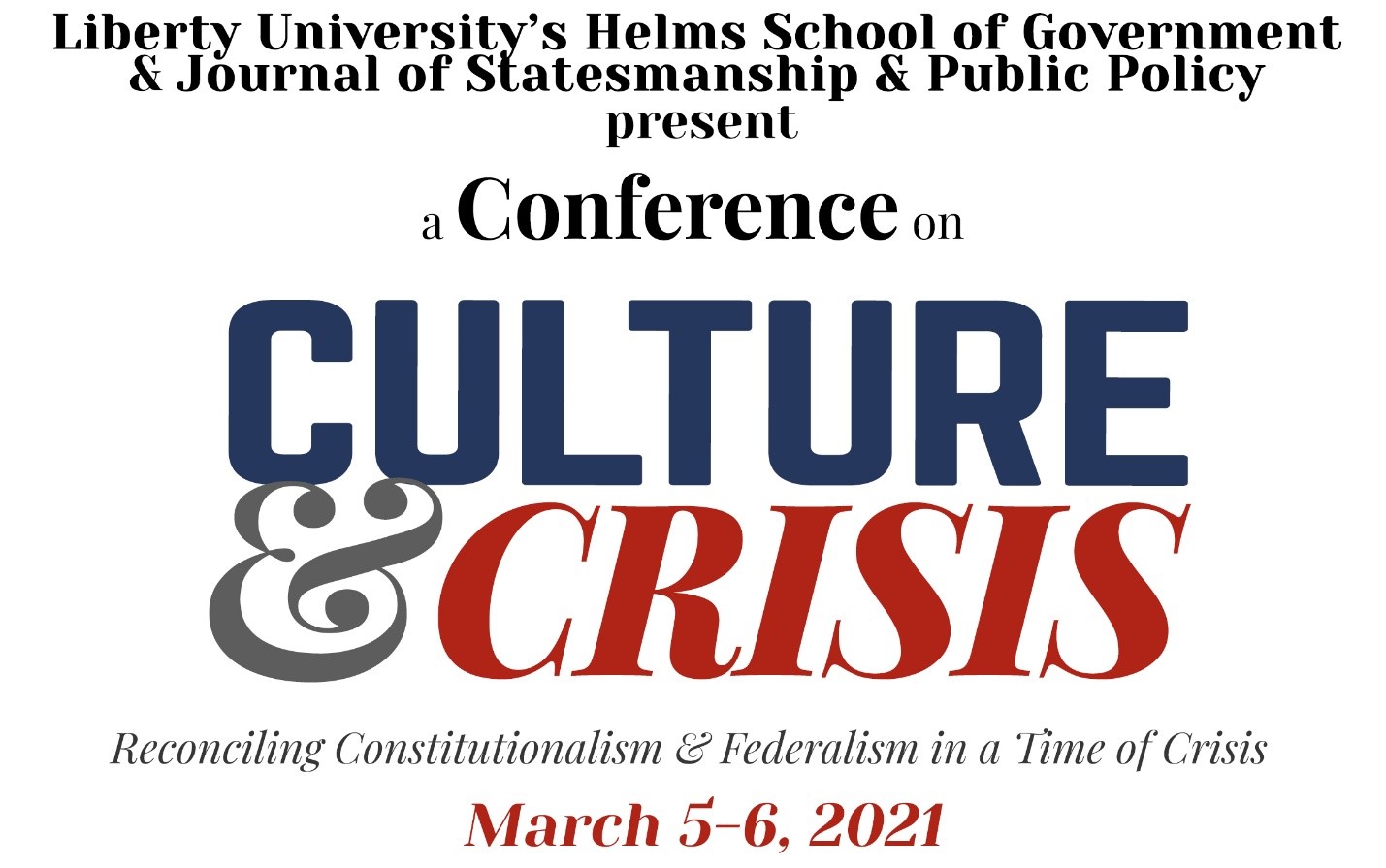Level of Education
Doctoral
Keywords
Catholic church, Republic of Lithuania, Covid-19
Abstract
The religious liberty is one of the most profound and fundamental deep freedoms in the West World. The vast majority of the modern democracies recognize the people’s right to worship God according to the particular traditions and norms of the different religious communities.
The state of Lithuania belongs to this family of democracies where the religious liberty plays a significant role in the legal system of the Lithuania. The rights to express and practice each one’s faith are established in the Article 26 of the Constitution of the Republic of Lithuania[1] and in the bilateral treaties with the Holy See. Moreover, Lithuania approved the Law on Religious Communities and Associations, which purpose is to establish the legal relations between the different religious communities and associations and the State of Lithuania, Besides, It is an attempt to implement the human right of religion freedom embedded in the Constitution of the Republic of Lithuania, in other laws and in international documents and agreements.[2]
[1] Parliament of the Republic of Lithuania “The Constitution of the Republic of Lithuania” https://e-seimas.lrs.lt/portal/legalAct/lt/TAD/TAIS.21892
[2] Parliament of the Republic of Lithuania “The Law on Religious Communities and Assocciations” https://e-seimas.lrs.lt/portal/legalAct/lt/TAD/TAIS.385299?jfwid=16j6tpgu6w
Included in
Relations of the Catholic Church and the Government of the Republic of Lithuania Relations During the Crisis of Covid-19: Partnership or Dispute?
The religious liberty is one of the most profound and fundamental deep freedoms in the West World. The vast majority of the modern democracies recognize the people’s right to worship God according to the particular traditions and norms of the different religious communities.
The state of Lithuania belongs to this family of democracies where the religious liberty plays a significant role in the legal system of the Lithuania. The rights to express and practice each one’s faith are established in the Article 26 of the Constitution of the Republic of Lithuania[1] and in the bilateral treaties with the Holy See. Moreover, Lithuania approved the Law on Religious Communities and Associations, which purpose is to establish the legal relations between the different religious communities and associations and the State of Lithuania, Besides, It is an attempt to implement the human right of religion freedom embedded in the Constitution of the Republic of Lithuania, in other laws and in international documents and agreements.[2]
[1] Parliament of the Republic of Lithuania “The Constitution of the Republic of Lithuania” https://e-seimas.lrs.lt/portal/legalAct/lt/TAD/TAIS.21892
[2] Parliament of the Republic of Lithuania “The Law on Religious Communities and Assocciations” https://e-seimas.lrs.lt/portal/legalAct/lt/TAD/TAIS.385299?jfwid=16j6tpgu6w



